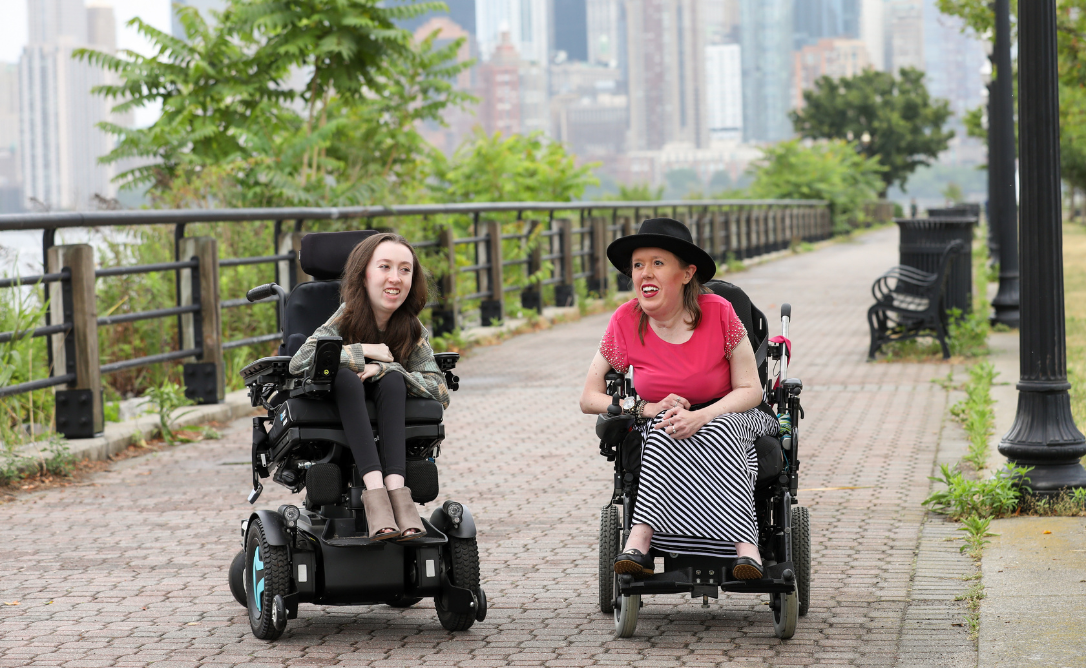By Claudia Cataldi
Love in the Time of Algorithms: The Dark Side of Dating Apps
Dating apps have reshaped the way we seek love, intimacy, and even validation. From Tinder to Bumble, Hinge to Grindr, these platforms now dominate the romantic landscape. There are over 1,500 dating apps worldwide, and more than 270 million people use them regularly. That’s more than the population of Brazil looking for connection through a screen. But beneath the glossy interfaces and endless swipes lies a darker truth, one marked by emotional detachment, deception, danger, and a creeping sense of emptiness.
For many, the emotional promise of dating apps quickly collapses into burnout. In a 2024 global survey, nearly 8 in 10 users said they feel emotionally exhausted by dating apps. The endless scroll of profiles creates an illusion of abundance, but often leads to shallow conversations, ghosting, and an overwhelming sense of transactionalism. Dating becomes a numbers game, not a connection. Swiping is dopamine-driven, but rarely fulfilling, and users are starting to feel the emotional cost.
Then comes the danger. Behind attractive profile pictures and witty bios, there’s a hidden epidemic of deception. Romance scams are now among the most lucrative cybercrimes. In the U.S. alone, over $1.3 billion was lost to romance scams in 2022, a number that’s likely underreported due to the shame victims often feel. And it’s not just about money. Users have been doxed, stalked, assaulted, and manipulated. While some apps have implemented security features, studies show vulnerabilities remain, from location tracking to weak moderation of abusive behavior.
What’s perhaps most insidious is the emptiness. Dating apps dangle the promise of meaningful love, yet often deliver a hollow simulation of it. Users report feeling disposable, replaceable, unseen. The paradox is cruel: with more options than ever before, people feel more alone. According to a Pew Research study, 42% of Americans say dating apps have made it harder, not easier, to find long-term relationships. And yet, the market is booming. The dating app industry generated over $8 billion in revenue last year. So while users scroll in search of intimacy, the companies behind the platforms are cashing in, feeding the loneliness machine one swipe at a time.
Dating in the digital age is no longer about fate or timing. It’s algorithms, data points, and engagement metrics. We’ve gamified one of the most human experiences: falling in love. And we’re left wondering, are we actually getting better at dating, or just better at pretending?
Love in the Time of Algorithms: The Dark Side of Dating Apps





